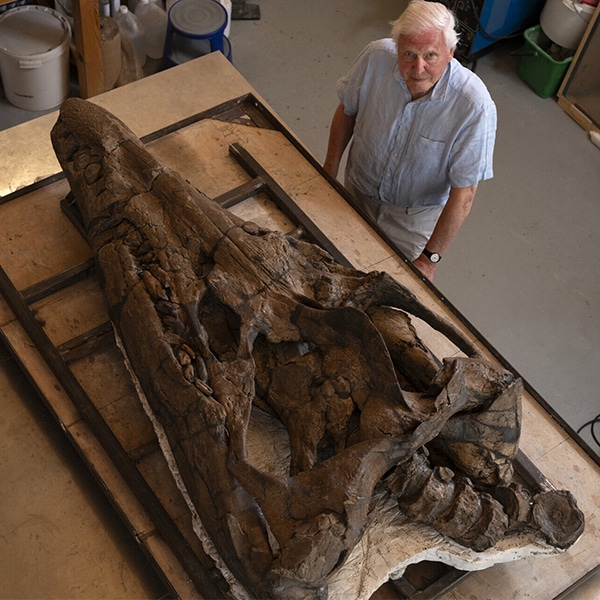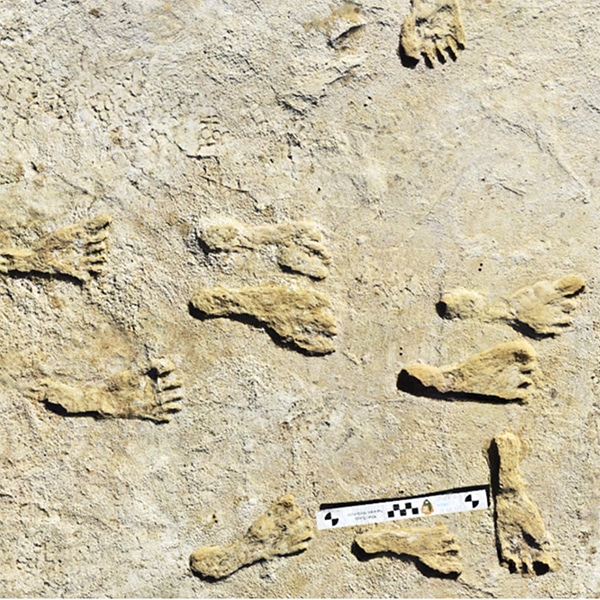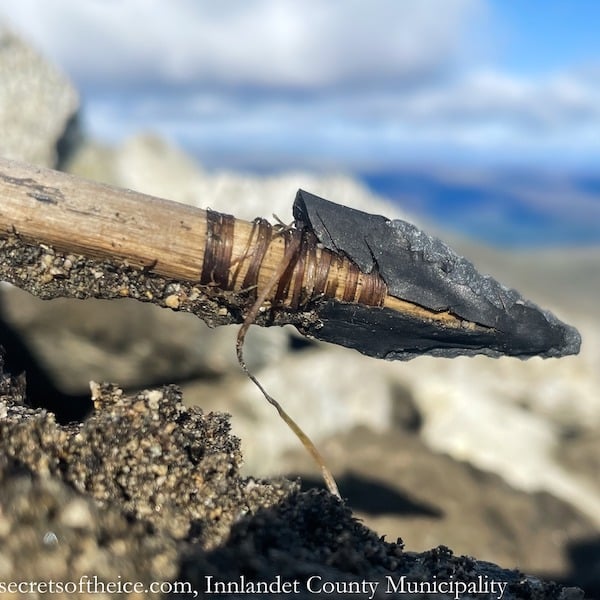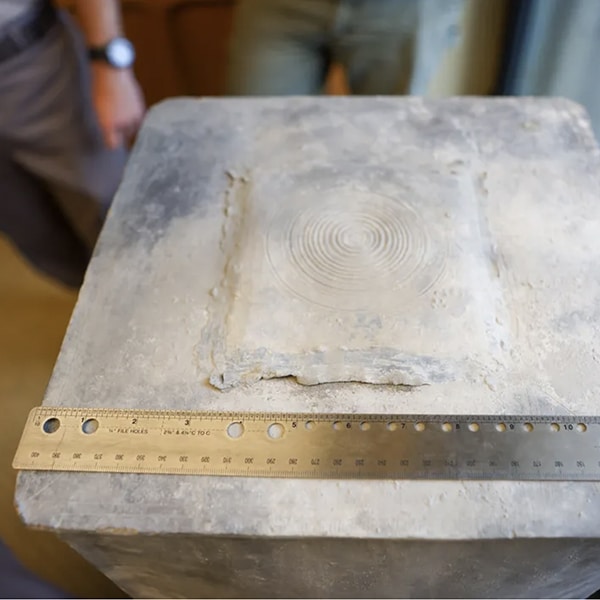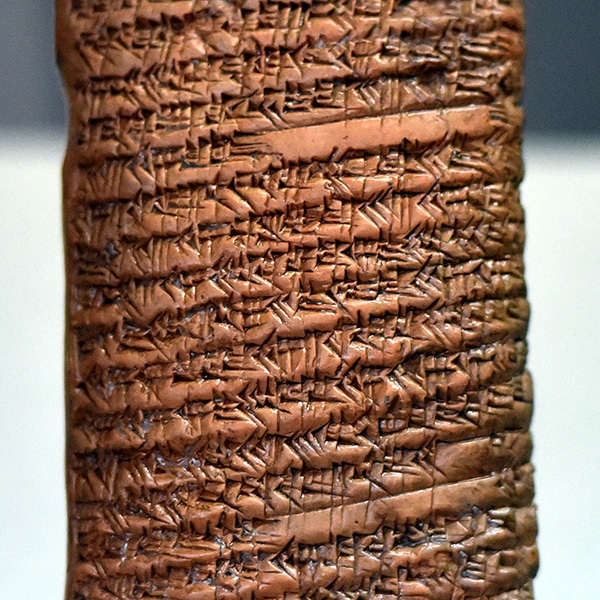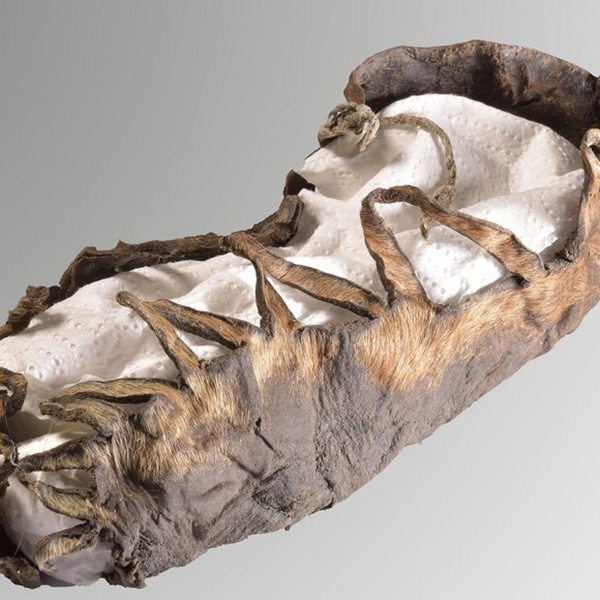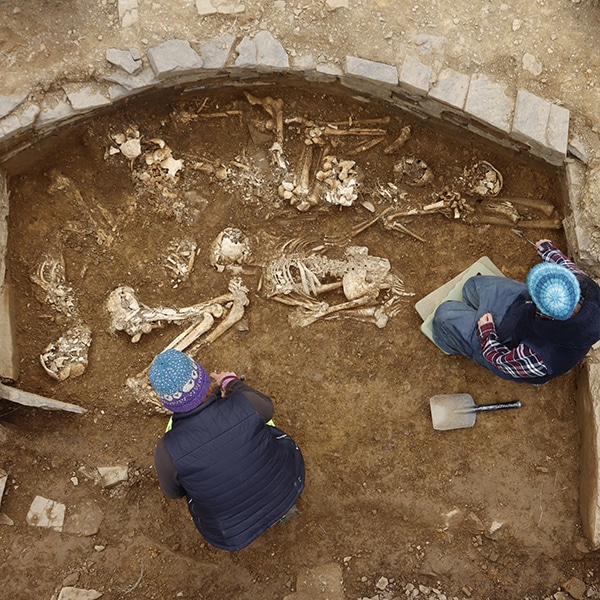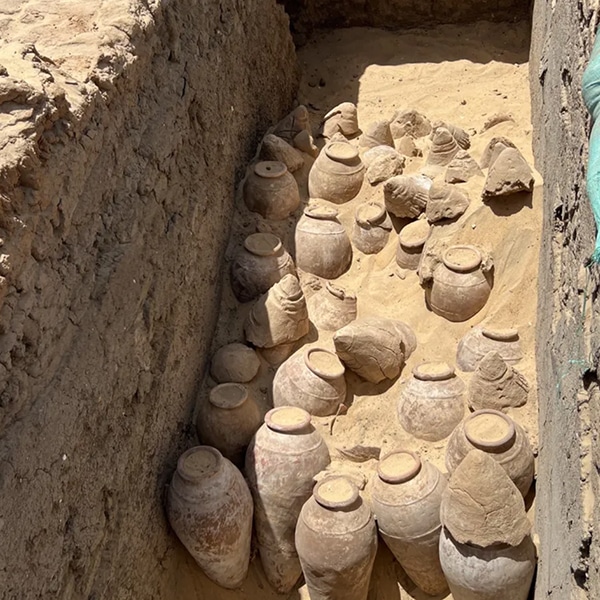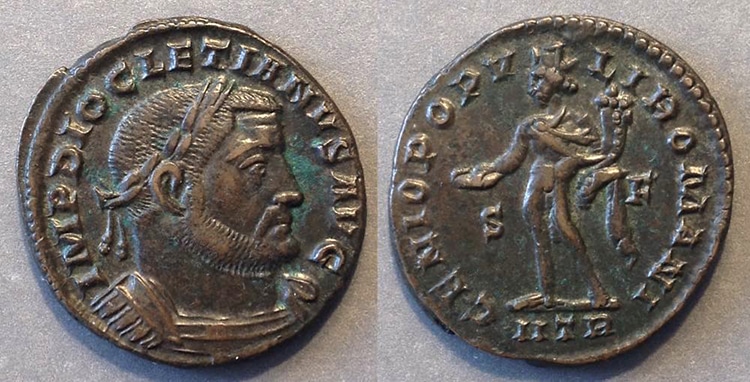
A follis of Diocletian, circa 294 CE. (Photo: Valentinian364 via Wikimedia Commons, CC BY-SA 4.0 DEED)
In ancient days, seafaring was a difficult trade. It led to shipwrecks, and many years later to the discovery of long-lost treasures which once sailed above the waves. The Mediterranean Sea, in particular, is a rich repository of archeological evidence of intense trade routes and devastating warfare over centuries. The latest treasure to emerge is an enormous cache of ancient coins off the Italian coast near Sardinia. Discovered by a diver who noticed a shiny, metallic something, the site has yielded between tens of thousands of coins, making it one of the most significant finds in recent years.
At an undisclosed location in the nearby town of Arzachena, firefighter divers and police divers raised the treasure from its watery grave beneath sand and seaweed. The coins are still being sorted, but estimates of their numbers based on weight range from 30,000 to a whopping 50,000. A video from the Italian Cultural Ministry shows the laborious process of divers retrieving the coins by hand and placing them in bins to be raised to the service. The bronze coins are known as follis, a type of ancient coin which was common in the late Roman and early Byzantine period. According to the Ministry, they are in excellent condition, with even the most damaged still bearing legible inscriptions.
The coins date to about 324 to 340 CE. Constantine I has been spotted, and he ruled the Roman Empire from 306 to 337 CE. He was famous for his conversion to Christianity. Given its breadth, it is unsurprising that the coins were minted at different locations around the empire. According to Luigi La Rocca, the find is incredibly important, demonstrating the “richness and importance of the archaeological heritage that the depths of our seas, crossed by men and goods since the most ancient times, still guards and conserves.” Amphorae were also found nearby, suggesting a shipwreck may have dumped its ancient contents long ago, over stormy seas. If so, the wreck remains to be found.
Divers off the Sardinian coast discovered a cache of ancient bronze coins, known as follis, which may suggest a nearby shipwreck.
h/t: [Smithsonian Magazine, AP]
Related Articles:
2,000-Year-Old Hologram Ring Features Face of Woman’s Deceased Son
3,000-Year-Old Bronze Age Arrow is Discovered at Melting Ice in Norway
West Point Opens 200-Year-Old Time Capsule and Uncovers Six Silver Early American Coins
Largest-Ever Roman Mosaic Discovered in Anatolia Turns Out to Be Even Bigger Than Expected











































































